1: Introduction to Feline Nutrition
The Importance of Proper Nutrition for Cats
When it comes to keeping your cat healthy, providing proper nutrition is essential. Cats are obligate carnivores, meaning that their bodies are specifically designed to digest and thrive on animal-based proteins. Unlike humans and dogs, who can be omnivores, cats require a high-protein, low-carbohydrate diet to maintain good health.
A balanced diet for cats includes proteins like chicken, beef, fish, and turkey, as well as essential nutrients such as taurine (an amino acid found in animal tissues), vitamins, and minerals. When feeding your cat, it’s vital to choose high-quality food that meets these nutritional requirements. Gravy, while appealing due to its moist texture and strong flavor, does not provide the necessary nutrients for a healthy feline diet.
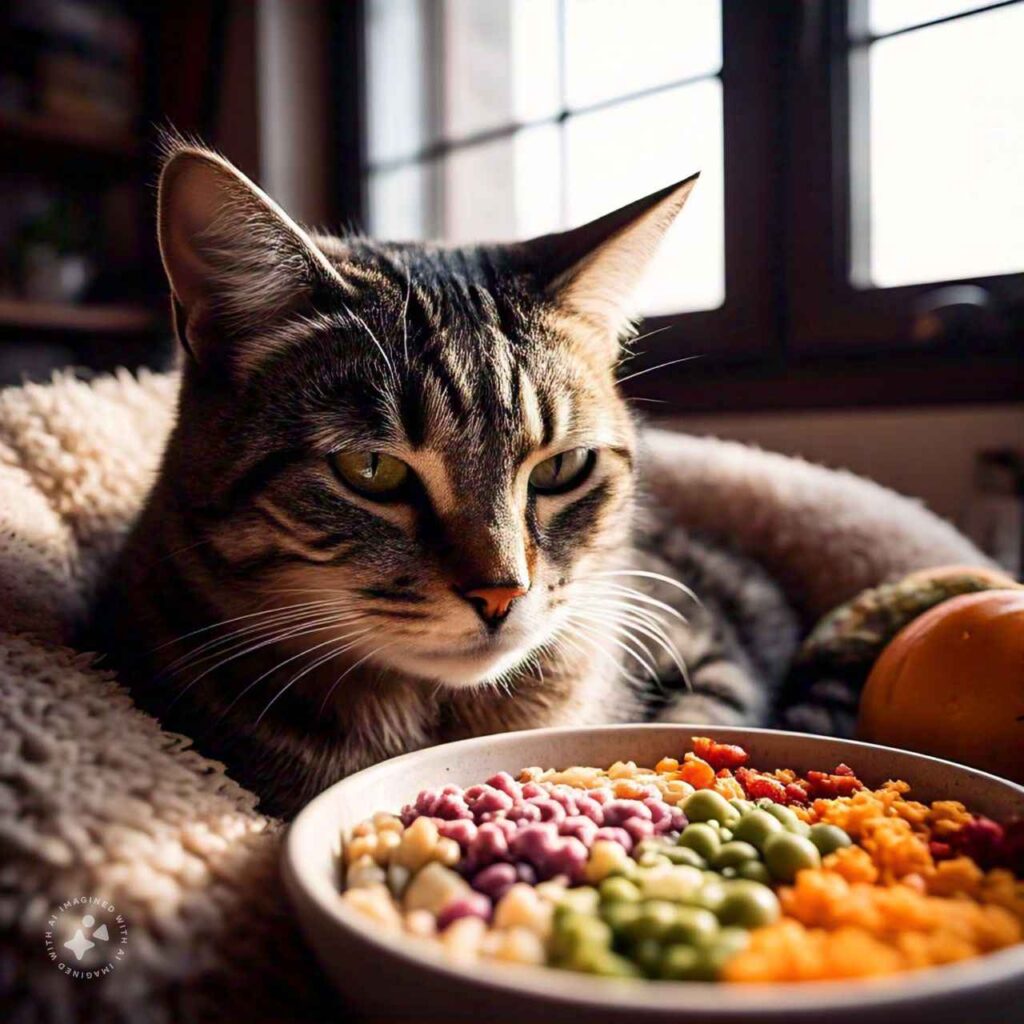
Common Misconceptions About Cat Diets
One common misconception is that cats can eat the same foods as humans, including snacks and leftovers. While cats may enjoy the taste of certain human foods, many of these are not suitable for their digestive systems. For example, dairy products, chocolate, and spicy foods can be harmful to cats. Similarly, gravy, often made from high-fat meat drippings and rich in sodium, is not a healthy option for cats.
Another misconception is that cats can rely on gravy to stay hydrated. While cats may seem to drink more when gravy is added to their food, it’s essential to remember that water is the best way to ensure proper hydration for cats. Some pet owners mistakenly believe gravy will provide enough moisture, but this is not the case.
Why Cats Are Different From Dogs and Humans
Understanding the unique dietary needs of cats is crucial for their well-being. Unlike dogs, who can be more flexible in their diet, cats require specific nutrients such as taurine, arachidonic acid, and vitamin A that they cannot produce on their own. This means they must get these nutrients from animal-based foods. Gravy, often made from processed meats or fats, lacks the necessary nutrients to support a cat’s health.
Additionally, cats have specialized digestive systems designed to process protein and fat. They do not have the enzymes to break down carbohydrates in the same way humans do, so feeding them carbohydrate-heavy foods like gravy could lead to health problems such as obesity or digestive distress.
2: Can Cats Eat Gravy?
The Appeal of Gravy to Cats
Cats are known for their love of savory flavors, and the rich, meaty taste of gravy is something that can tempt even the pickiest eaters. Gravy can enhance the flavor and moisture of dry kibble, making it more palatable to cats. However, just because cats enjoy the taste of gravy doesn’t mean it’s good for them.
Gravy often contains a mixture of meat drippings, fat, salt, and sometimes even preservatives or artificial flavorings. These ingredients can be problematic for cats when consumed regularly. While it’s tempting to offer gravy as a treat or to encourage a cat to eat, it’s important to consider the potential risks involved.
Understanding Gravy Ingredients
Gravy is typically made from meat drippings, fat, flour, and various seasonings. While some gravies are made from natural sources, others contain artificial flavors, preservatives, and excess sodium. For example, common ingredients in gravy can include:
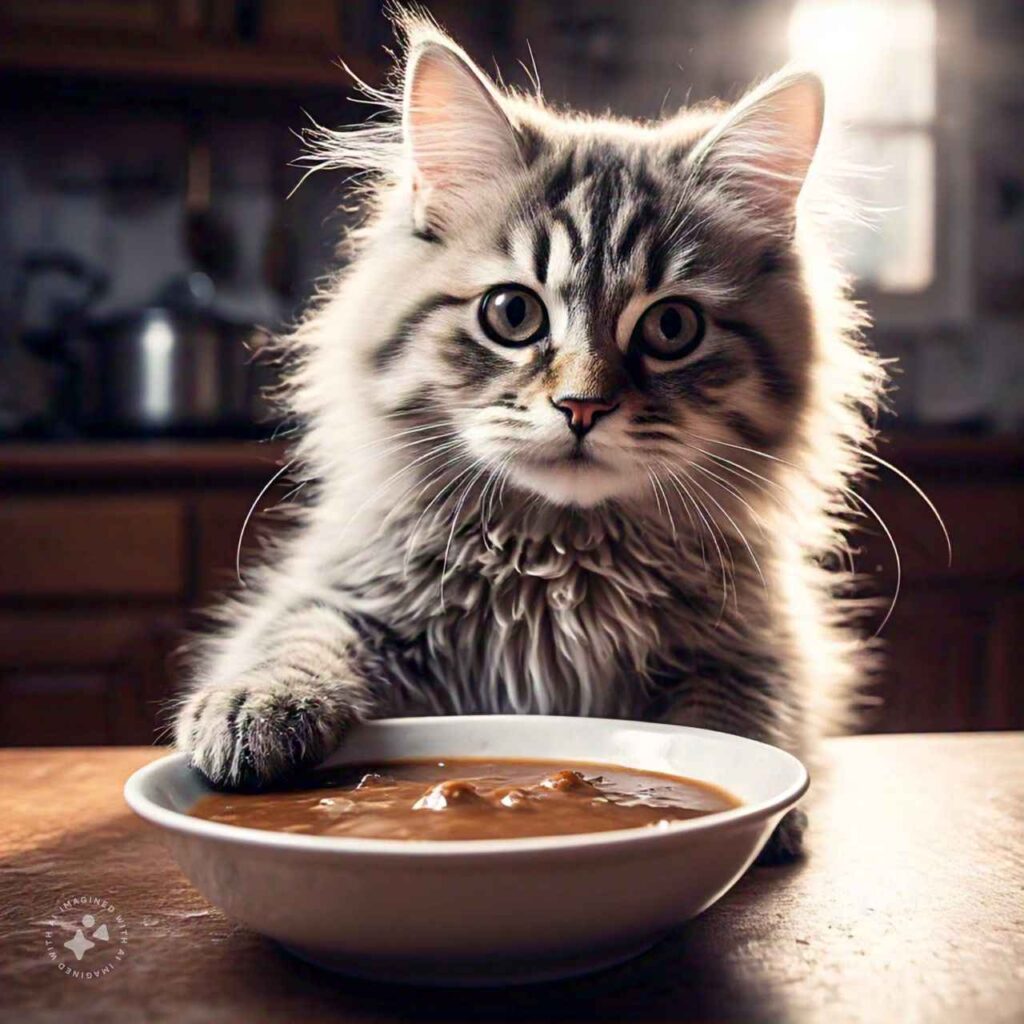
- Meat drippings or broth: While these can provide flavor, they often contain high levels of fat and sodium, which aren’t suitable for cats.
- Salt: Salt is added to enhance flavor, but it can be harmful to cats in large amounts, leading to sodium poisoning.
- Flour or thickeners: Some gravies use flour or cornstarch to thicken the liquid. Cats are obligate carnivores and cannot digest carbohydrates efficiently, making these additives unnecessary and potentially harmful.
- Spices and additives: Some gravies contain garlic or onion powder, which are toxic to cats, as well as other flavorings that could cause digestive distress.
Is Gravy Toxic for Cats?
Gravy itself is not inherently toxic to cats, but it’s the ingredients that can pose health risks. In small amounts, gravy may not cause immediate harm, but regular consumption of gravy could lead to long-term health issues.
The biggest concern with feeding cats gravy is the high sodium content. Cats have a limited ability to process salt, and excessive intake can result in sodium toxicity Symptoms of sodium poisoning in cats include vomiting, diarrhea, excessive thirst, lethargy, and in severe cases, seizures. Furthermore, the high-fat content in gravy can contribute to obesity and pancreatitis if consumed frequently.
3: Nutritional Value of Gravy
What’s Inside Store-Bought Gravy?
Store-bought gravy is often filled with processed ingredients designed to enhance flavor, texture, and shelf life. The nutritional value of these gravies is typically low when it comes to essential nutrients for cats. Instead, they tend to contain high amounts of fat, sodium, and sometimes harmful preservatives.
For example, most commercial gravies have little to no protein, which is essential for a cat’s diet. Instead, the gravy may rely on fats and additives to create a flavorful experience. While this might appeal to a cat’s taste buds, it doesn’t provide the balanced diet they need to thrive.
Can Gravy Fulfill Any Nutritional Needs for Cats?
Gravy should not be considered a source of nutrition for cats. Unlike wet cat food, which is designed to meet their dietary needs, gravy lacks the necessary balance of protein, vitamins, and minerals. Gravy contains little to no taurine, a vital amino acid that cats cannot produce on their own and must obtain from animal-based proteins.
While gravy can make a cat’s meal more enjoyable, it doesn’t offer any substantial health benefits. It is primarily a flavor enhancer and doesn’t provide the essential nutrients that cats need to maintain their muscle mass, energy levels, and overall health. In fact, excessive gravy consumption could lead to nutritional imbalances, potentially affecting your cat’s health in the long run.
The Role of Sodium, Fat, and Other Additives
Gravy is typically high in fat and sodium. Fat can be an issue for cats, as too much can lead to obesity and associated health problems such as diabetes and heart disease. Sodium, on the other hand, is a significant concern. Cats are more sensitive to salt than humans, and excessive sodium intake can lead to dehydration, kidney issues, and even salt toxicity.
Additives such as artificial flavorings, colorings, and preservatives can further complicate the issue. Cats are sensitive to many chemicals commonly found in processed human foods. These additives can irritate their digestive system, leading to symptoms such as vomiting, diarrhea, and stomach discomfort.
4: Risks of Feeding Gravy to Cats
The Dangers of Salt and High Fat
Salt and fat are two common ingredients in gravy that can pose significant health risks to cats. Cats are particularly sensitive to sodium, and their kidneys are not as effective at processing large amounts of salt as ours are. Consuming too much salt can lead to sodium poisoning, which may manifest in symptoms like excessive thirst, vomiting, diarrhea, lethargy, and even seizures. In severe cases, high sodium intake can damage a cat’s kidneys or even lead to death.
Fat, while essential in small amounts, can be harmful to cats when consumed in excess. Gravy is typically high in fat, and regularly feeding your cat high-fat foods can lead to obesity, which increases the risk of a host of other health issues, including diabetes, heart disease, and joint problems. In addition, high-fat foods can trigger pancreatitis, a condition where the pancreas becomes inflamed, leading to symptoms such as vomiting, abdominal discomfort, and a lack of appetite
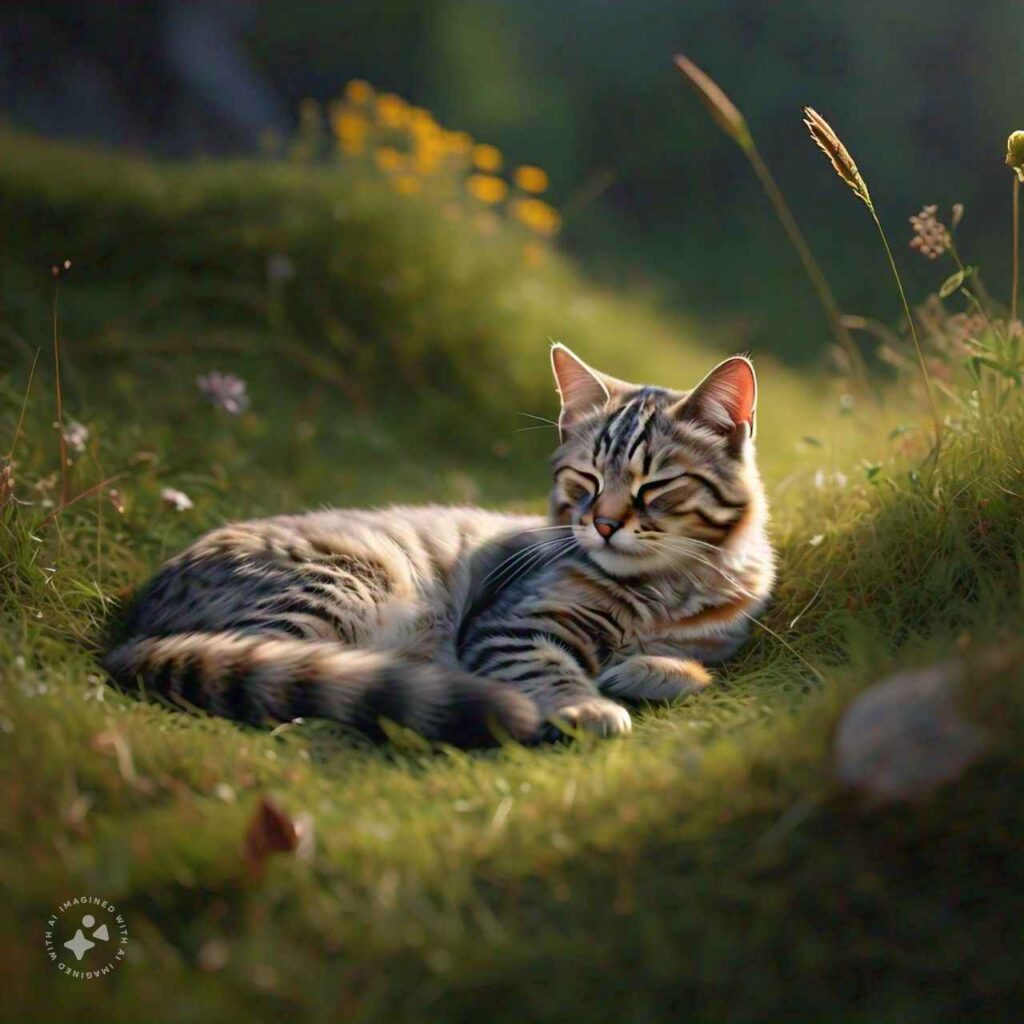
Potential for Digestive Issues
Another significant risk of feeding gravy to cats is its potential to cause digestive problems. The rich, fatty content in gravy can upset a cat’s stomach, leading to symptoms like diarrhea, vomiting, and bloating. Cats’ digestive systems are not designed to process large amounts of fat, and an overload of fatty or rich foods can result in uncomfortable gastrointestinal issues.
Some gravies may also contain artificial thickeners, which are difficult for cats to digest. The digestive tract of a cat is optimized for breaking down animal-based proteins, not carbohydrates or processed additives, making gravy an unideal choice for a balanced diet.
Risks of Artificial Additives in Gravy
Cats are susceptible to dehydration due to their natural tendency to have a low thirst drive, such as flavor enhancers, preservatives, and coloring agents, all of which can be harmful to cats. For example, onion powder and garlic are often used in gravies to enhance flavor. These ingredients are highly toxic to cats and can cause severe health issues like anemia, lethargy, and gastrointestinal distress.
Even if the gravy does not contain these specific ingredients, the overall low-quality nature of artificial additives can irritate a cat’s sensitive digestive system, leading to discomfort and even long-term health problems.
5: How Gravy Affects Cats’ Health
Impact on Weight and Obesity
One of the most significant consequences of regularly feeding gravy to cats is the potential for obesity. Gravy is often high in fat and calories, and if cats consume it frequently, they can quickly gain weight. Obesity is a major risk factor for a range of health problems in cats, including diabetes, joint disease, and heart disease. In fact, overweight cats may have a reduced life expectancy due to the strain that extra weight places on their organs and joints.
Gastrointestinal Problems and Upset Stomach
As previously mentioned, gravy’s high-fat content and additives can contribute to gastrointestinal issues. Cats are obligate carnivores with a digestive system designed to process protein, not fatty or carbohydrate-heavy foods. If cats are given gravy too often, they may develop stomach discomfort, vomiting, or diarrhea. Over time, the cumulative effect of poor dietary choices can lead to chronic digestive issues.
Risk of Dehydration and Kidney Damage
Cats are prone to dehydration because they have a low thirst drive. Most cats get their moisture from food, especially wet cat food, which has a high water content. Gravy, while it might seem like a way to add moisture to their diet, doesn’t truly hydrate a cat in the same way that water or wet food does. Over-reliance on gravy can lead to insufficient hydration, which, over time, may contribute to kidney problems.
6: Alternatives to Gravy for Cats
Healthy Homemade Sauces and Broths
If your cat loves a little extra moisture with their meals, there are healthier alternatives to commercial gravies. Homemade broths made from boiled chicken, turkey, or beef can provide flavor and moisture without the risks associated with high-fat, high-sodium gravies. You can make these broths by simply boiling the meat with water and straining it to remove bones and fat. Just ensure that no salt, onions, garlic, or other toxic ingredients are added.
Wet Cat Food Options with Gravy-like Consistency
If you want to give your cat the experience of having a gravy-like consistency with their food, look for wet cat food options that contain a natural gravy or broth. Many brands offer wet food formulas that are specifically designed for cats and include wholesome ingredients that are safe and nutritionally balanced.
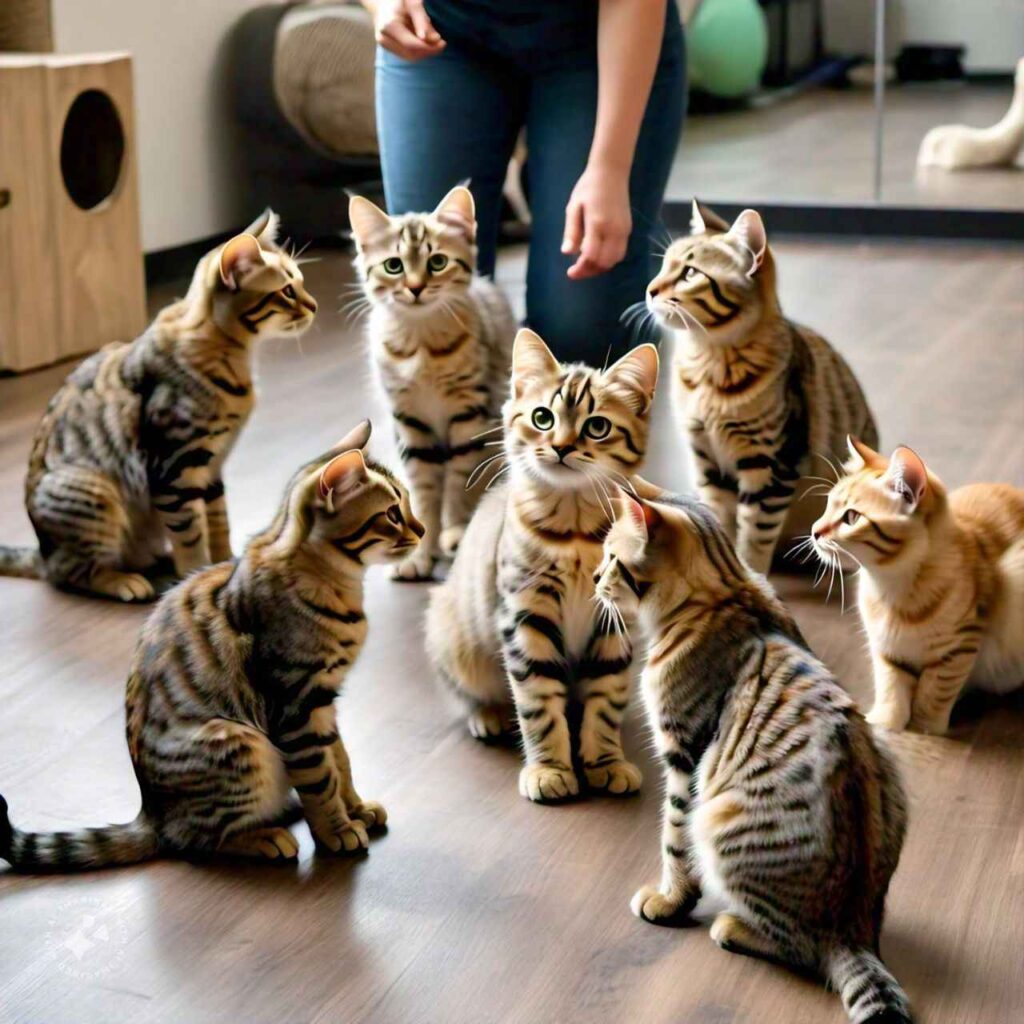
Safe Treats and Toppings for Cats
There are many treats and toppings available on the market that can add flavor and moisture to your cat’s meal without the risks associated with gravy. For example, you can try freeze-dried meats or fish flakes as healthy toppings. These options are protein-rich and provide a more nutritionally balanced supplement to your cat’s regular diet.
7: Safe Feeding Practices for Cats
Portion Control and Moderation
Feeding your cat gravy, even if it’s occasionally used as a topping, should always be done in moderation. Overfeeding, whether with gravy or any other food, can quickly lead to weight gain and health issues. Always keep an eye on your cat’s weight and adjust portion sizes as necessary. A proper feeding schedule based on your cat’s size, age, and activity level is key to preventing overfeeding.
How Often Can Cats Have Gravy (If at All)?
While small amounts of gravy occasionally might not pose a significant risk, it’s best to avoid making it a regular part of your cat’s diet. If you choose to give your cat gravy, keep the portion size small and ensure it’s a rare treat. You can occasionally mix it with their food, but always monitor their overall diet and make sure they are eating nutritionally complete meals.
Avoiding Overfeeding and Ensuring a Balanced Diet
The best way to keep your cat healthy is to offer them a balanced, protein-rich diet tailored to their nutritional needs. Avoid relying on treats or gravy for nutritional value. Focus on providing a high-quality cat food that includes all the essential nutrients your cat needs, such as taurine, omega-3 fatty acids, and vitamins.
8: Homemade Gravy for Cats: Is It Possible?
How to Make a Cat-Friendly Gravy at Home
Making homemade gravy for cats is possible, but it requires careful attention to what goes into the recipe. A simple and safe option is to make a broth by boiling chicken or turkey with water. After boiling, strain out the solids, remove the bones, and discard any fat. You can add a small amount of the resulting broth to your cat’s food to make it more palatable without the harmful ingredients found in store-bought gravies.
Safe Ingredients to Include
When making homemade gravy or broth, always stick to natural, non-toxic ingredients. Focus on protein-rich meats like chicken or beef, and avoid any added salt, garlic, onion, or spices. Bone broth is a great option because it’s rich in collagen, which supports joint health. Make sure to remove the bones before serving..
How to Serve Gravy Without Harm
Serve homemade gravy in small portions alongside your cat’s regular food. It’s best to use it as an occasional treat or flavor enhancer, not as a primary food source. Always ensure that the gravy does not contain any ingredients that could harm your cat, such as onion or garlic.
9: Signs of Gravy-Related Illness in Cats
Symptoms of Toxicity or Digestive Problems
If your cat consumes too much gravy or any harmful ingredients, they may exhibit signs of toxicity or digestive problems. Watch for symptoms such as vomiting, diarrhea, loss of appetite, and lethargy. If you think your cat has consumed something dangerous, contact your veterinarian right away.
How to Identify Allergic Reactions in Cats
Cats can develop allergic reactions to certain ingredients in gravy, such as chicken, beef, or artificial additives. Signs of an allergic reaction can include itching, swelling, or hives. If you notice any unusual changes in your cat’s behavior or appearance after consuming gravy, it’s essential to seek veterinary advice.
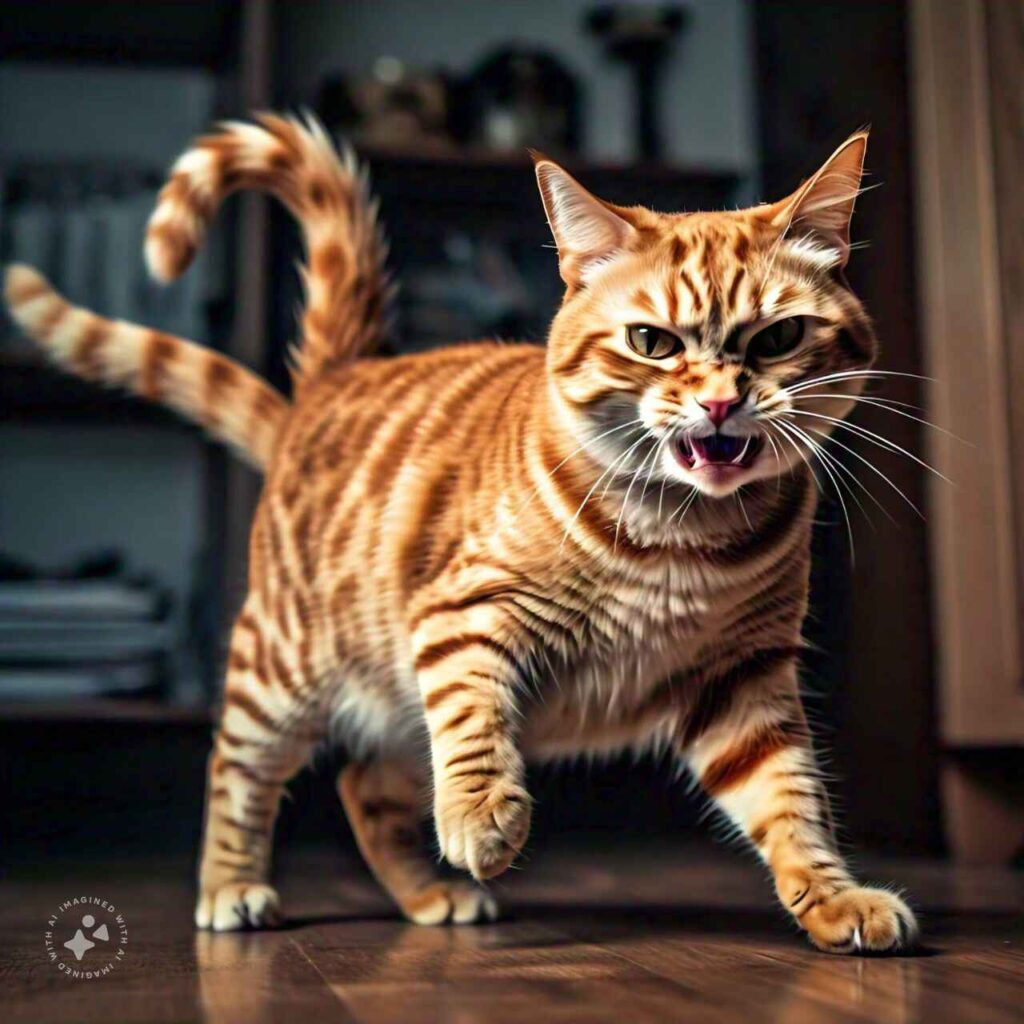
When to Contact a Veterinarian
If your cat exhibits symptoms of severe illness after eating gravy, such as severe vomiting, diarrhea, abdominal pain, or lethargy, contact your veterinarian immediately. If your cat has consumed something toxic, such as onion or garlic, seek emergency veterinary care right away.
FAQs
1. Can cats eat gravy safely?
Cats can eat gravy occasionally, but it’s not recommended as a regular part of their diet. Gravy is often high in salt, fat, and artificial additives, which can lead to health issues like obesity, kidney damage, and digestive problems. It’s best to limit gravy to a rare treat and focus on balanced, protein-rich cat food.
2. What are the risks of feeding cats gravy?
Feeding cats gravy regularly can cause high salt intake, leading to sodium poisoning, and excessive fat intake, contributing to obesity and pancreatitis. Additionally, gravy may contain harmful ingredients like garlic or onion powder, which are toxic to cats. Digestive issues like vomiting and diarrhea can also occur.
3. What alternatives to gravy are safe for cats?
Healthy alternatives to gravy include homemade broths made from chicken or turkey, wet cat food with gravy-like consistency, and safe cat treats like freeze-dried meats. These options provide moisture and flavor without the harmful ingredients found in store-bought gravies.
4. How can I make safe gravy for my cat?
You can make a cat-friendly gravy by boiling chicken or turkey with water, straining out the bones, and removing any fat. Avoid adding salt, garlic, or other seasonings. Serve this homemade broth in small amounts as a treat or to enhance your cat’s regular food.
5. What signs indicate gravy-related illness in cats?
Symptoms of gravy-related illness include vomiting, diarrhea, lethargy, and loss of appetite. If your cat shows any of these signs after eating gravy, it may indicate toxicity or digestive upset. In severe cases, seek immediate veterinary attention to prevent further health complications.
Conclusion
In conclusion, while gravy may be a tempting treat for cats, it should not be a regular part of their diet due to the potential health risks it poses. The high salt, fat, and artificial additives commonly found in gravies can lead to issues like obesity, kidney damage, and digestive upset. Instead, focus on providing your cat with a well-balanced, protein-rich diet, and offer healthier alternatives such as homemade broths or wet food with gravy-like consistency. Moderation is key if you choose to give gravy, and always be mindful of your cat’s nutritional needs. By following safe feeding practices and avoiding harmful ingredients, you can ensure your cat stays healthy, happy, and thriving for years to come.
